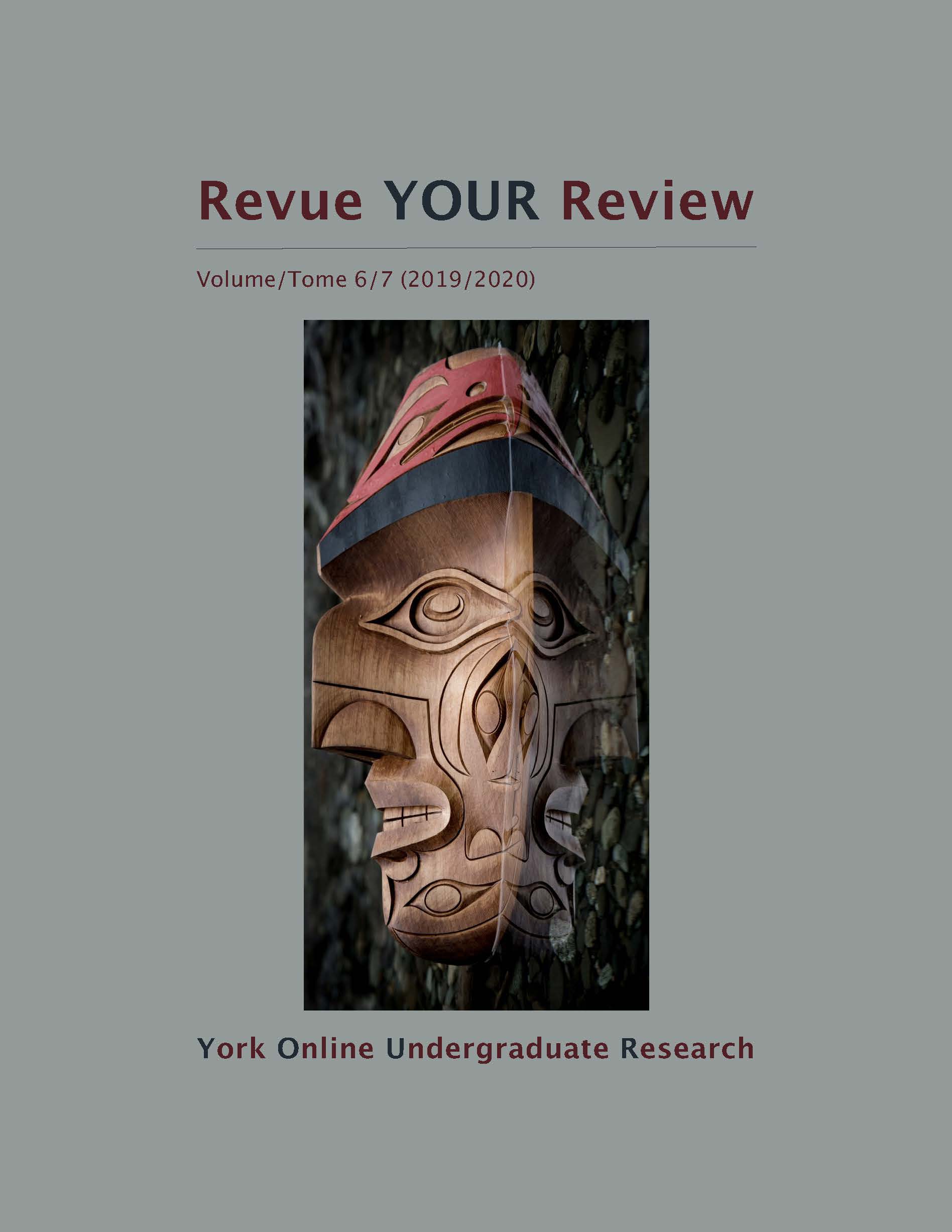Progress or Profits? The World Trade Organization’s Approach to Pharmaceutical Patents
Résumé
How does a powerful institution like the World Trade Organization (WTO) influence global health? Since the 1990s, WTO-led trade agreements have included provisions related to public health and intellectual property—specifically, pharmaceutical patents. How does the WTO's approach to patent law impact the development and accessibility of pharmaceuticals worldwide? In the style of Global Health Watch, this project identified and contrasted the dominant narrative put forward by the WTO and the counter-narrative presented by outside sources. Pharmaceutical patents are justified by the WTO for two reasons: to respect an inventor's right to own and profit from their work; and to stimulate investment into new medicines. The WTO insists that patents do not negatively affect pharmaceutical research or access to medicines because of public health flexibilities included in trade agreements. Evidence from investigative journalists and alternative media sources discredit these claims. Historical and contemporary examples of trade agreements and patented pharmaceuticals show how the current patent system is flawed. Long patent terms have created monopolies and public health flexibilities have been underused. Since the 1990s, free-trade agreements have increased patent protection and made it more difficult for governments to ensure access to medicines, even when patents have expired. While the WTO has positioned itself as a global health stakeholder, this study suggests that its current approach to patents places corporate profit over public health.
Téléchargements
Publié-e
Comment citer
Numéro
Rubrique
Licence
LicenceLes auteurs qui contribuent à la Revue YOUR Review acceptent de publier leurs articles selon une des trois catégories de la licence 4.0 : Creative Commons Attribution 4.0 International; Creative Commons Attribution-Pas d'Utilisation Commerciale 4.0 International; ou Creative Commons Attribution-Pas de Modification 4.0 International. Tout contenu éditorial de ce site ainsi que les affiches et les résumés sont sous la licence Creative Commons Attribution-Pas de Modification 4.0 International. Pour plus d’informations, veuillez voir :
https://creativecommons.org/licenses/
Dans tous les cas, les auteurs conservent leurs droits d’auteurs et concèdent à la Revue YOUR Review le droit de première publication. Les auteurs peuvent, par la suite, conclure d’autres accords de distribution non exclusifs de la version publiée dans ce périodique (par exemple, l’afficher à un dépôt institutionnel ou le publier dans un livre ou dans un autre périodique) à condition que la reconnaissance fasse mention de la publication originale dans la Revue YOUR Review.


